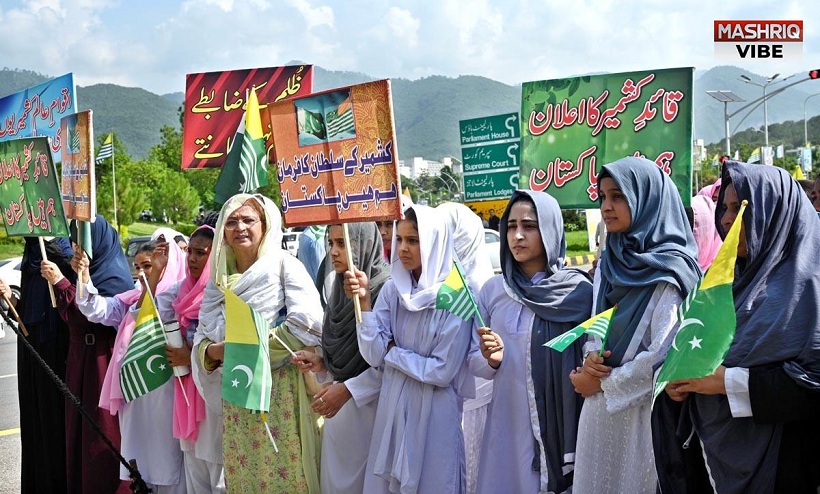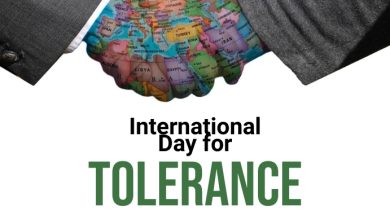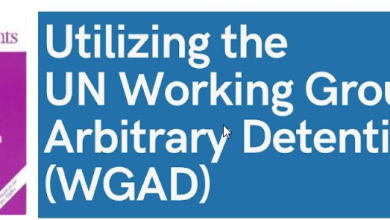Article: Ultranationalism in India: Intensifying the Kashmir Conflict and Targeting Kashmiri Muslims

 Muhammad Ehsan
Muhammad Ehsan
It is true that the annulment of Article 370 and 35A on the part of the Indian government on August 5, 2019, stirred the further displacement of the Kashmir conflict and garnered various responses. It is considered by many as personifying ultranationalist ideas and attitudes and serves to further fuel an already tense situation in the region. The heightened ultranationalism in recent Indian politics, especially under the Modi government, poses grave threats to constitutional order and safety of the Kashmiris Muslims in particular to the regional peace, security and sovereignty of the South Asian region.
A sad but evident phenomenon of the modern world is the rise of such a political ideology in many countries, including India, as ultranationalism – an increased level of patriotic attitudes and a belief in the superiority of one’s country. It can be seen in the exclusion of various groups and organizations, displaying hostile behavior towards internal and external threats. Speaking of Kashmir, nationalists depict the Muslim-dominated population as an enemy within, therefore creating the seeds of hatred.
The removal of articles 370 and 35A which gave special status to Jammu and Kashmir was done as a measure to assimilate the region completely into India and to eliminate terrorists raiding the region. However, this move has been viewed by many completely disregarding the rights and self-determination of the people of Kashmir.
As for implications, the abrogation has had an immediate as well as long-term impact on security. They arrested over 30,000 people and sealed off the region by putting up barricades, mobilizing tens of thousands of soldiers, and closing phone lines. These measures that were considered as measures taken for the preservation of law and order have resulted in rampant human rights violations involving arbitrary arrest, use of force, and limited freedoms. Besides making the situation more severe and further exacerbating the alienation of the Kashmiri society, the authoritarian approach has resulted in the replication of the local discontent by militant organizations and the enlistment of vulnerable youth.
It has also escalated the sentiments against Kashmir in other regions of India due to the ultranationalism. Muslims of Kashmir have asserted prejudice, racism, and different forms of abuse have stated that they are facing it more often elsewhere in the country. People have learnt to fear and even hate the members of a given community through the curses that has been termed as an outcome of the political thugs instigated by some political leaders with the support of some media houses. This environment is completely devoid of any prospect of a successful process of the peace-building and reconciliation within the territory of Kashmir as well as between India and Pakistan.
The international community has however been very concerned with the occurrence, there has been various complaints and condemnations from various human rights bodies with regards to the actions by the Indian authorities. Nonetheless, what logic remains in the ultranationalist plot provides external criticism as meddling in India’s internal affairs, increasing its international marginalization. This could have very serious diplomatic implications which could perhaps begin with the straining of relations with beneficial stalwart friends, the gradual dilution or compromise of India’s position in multilateral forums
The case of Kashmir is still a central concern of Pakistan, always being presented as a matter of its identity and security. The abolishment of Article 370 has also stepped up diplomacy on the suffering of people of Kashmir and a search for sympathy for the Kashmir case across the globe. There is always a danger of an outbreak of a full-scale war between nuclear capable neighbors aspiring to be regional hegemons given continued small-scale hostilities along the Line of Control (LoC). Any mistake in this regard or any provocation could be disastrous bearing in mind the impacts to the rest of the region.
To treat the worsening situation, one has to reconsider the Indian policy towards Kashmir and the Kashmiris. Not talking to those involved with this situation, especially with Pakistan, is not the correct way to look for a long-term solution. Paid attention should be given to the just complaints of the Kashmiri people, respect for their rights, as well as the development of the regions, which will contribute to the formation of sincere desire for a peaceful solution to the existing problems.
Ultranationalism recognizes no other nation but its own, pays no reverence to any religion but its own and tramples down all other nations and religions to oblivion, all in the interests of nationalism. The increase of ultranationalist sentiment in India and how it has influenced the stance on the Kashmir issue has increased hostility and polarization.
The measures perceived as a logical continuation of this ideology, such as the abrogation of Articles 370 and 35A, not only continue to exclude the Kashmiri people but also exacerbate India’s relations with Pakistan and the wider international community. To avoid a further escalation of the situation it is critical for India to bring change in its policy regarding the Kashmir issue and to become more diplomatic and compromise seeking. This is the expectation of any Pakistani; that the rights and demands of people of Kashmir are acknowledged, and the region could find the peace it so desperately seeks.
(The writer is a student of Strategic Studies at National Defense University, Islamabad, and is currently serving as an intern at Kashmir Institute of International Relations, Islamabad.)








